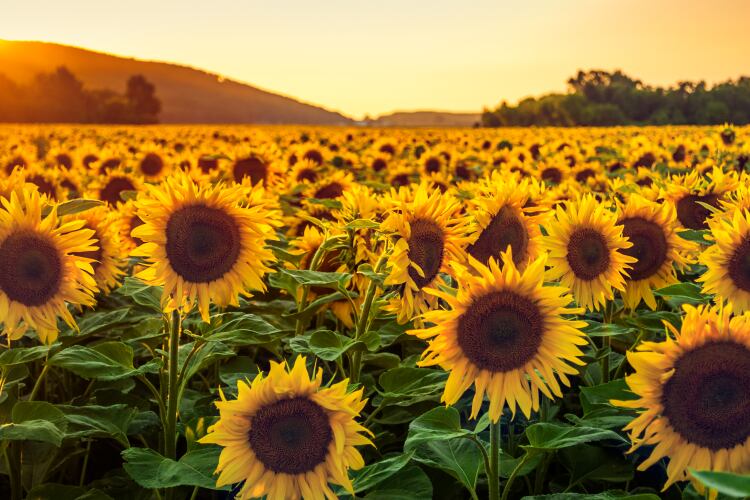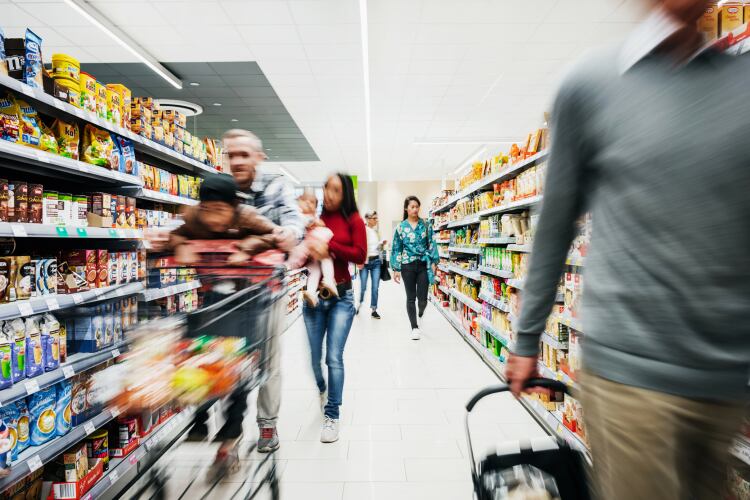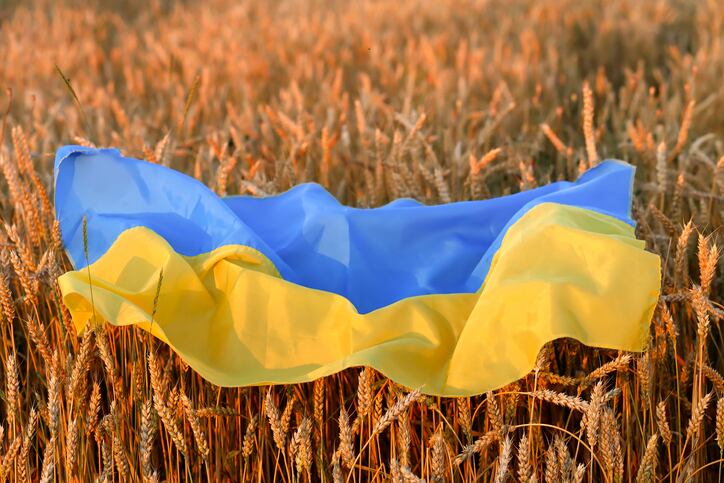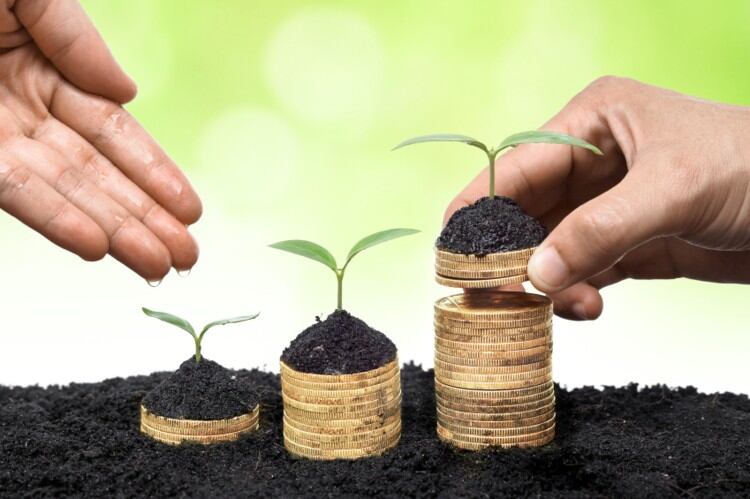Did the Arab Spring contribute Brexit? Perhaps, say some.
The theory goes something like this: In 2010, drought in Ukraine and Western Russia led to a shortfall of yields, leading to the 2011 food price spike. This led to many countries enforcing export bans which in turn drove food insecurity in many places, leading to food riots and social unrest in parts of the world. This helped spark the Arab Spring, which led to a geopolitical reconfiguring of the Middle East, leading to the inward flow of migrants into Europe, contributing to the rise of populism in Europe, EU instability and eventually the historic UK referendum.
Those – both on the left and right of the political spectrum – who oppose supranational bodies yielding undue power that transcends national boundaries or governments, probably have no truck with the argument. But the theory illustrates the long-lasting and deep ripple effects that food crises can reap.
And here we are again. The war in Ukraine has triggered the third global food crisis in 15 years. Millions of people are at risk of starvation in those counties which are heavily reliant on food imports. Food insecurity is rising in the world’s richest countries too. In the immediate wake of COVID, doubt is again being cast about the global food system’s ability to withstand shocks. The EU’s landmark Farm to Fork Strategy, so cherished by Green Deal backers, is also in question.
How we got here has fast become familiar. Inflationary pressures and a cost of living squeeze caused by demand rising post-COVID faster than supply could keep up; governments cutting back on social spending as the COVID crisis eased. All now intensified by Russia’s invasion of Ukraine – countries that are two big cogs in the global economy particularly for food, fuel, fertiliser and other minerals.
Russia supplies a third of gas to the EU and a quarter of the oil. Between them Russia and Ukraine export over half the traded sunflower oil; about a quarter of wheat and barley and one sixth of maize traded on the world markets: all significant amounts.
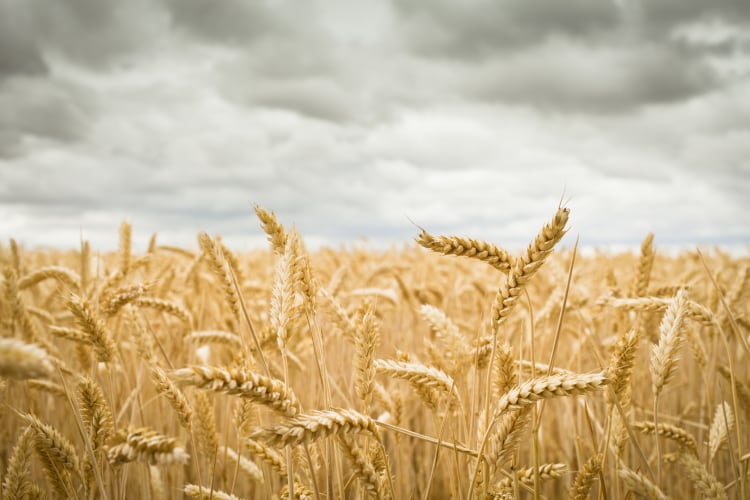
“This crisis has the potential to be far more disruptive than the 2010/11 food price hike because the food, fertilizer and energy disruptions are potentially much bigger,” warned Professor Tim Benton, Director of the Environment and Society Programme at Chatham House. “The implications from this global cost of living squeeze are much more severe."
Energy prices are predicted to rise to unprecedented levels this year, meaning 'the end of cheap and highly available food for some people is going to be very much the reality', he told a press briefing organised by GSCC Network, a group of communications professionals in the field of climate, energy and nature.
"The crisis sparked by the war in Ukraine is creating a cost-of-living vice - not a squeeze - and the ripple effects could be severe and very long lasting.
"Again this might lead to social unrest in unstable countries and yet more human displacement and migration and consequences thereof on the host countries.”
The conflict may also bring about a significant restructuring of global politics, which will again impact the global food system. Russia, China and India, for example, joining forces behind a new iron curtain would have 'very significant impacts on global trade relationships and therefore the ability to source food at prices we’re used to'.
Meanwhile, a new type of land grab is unravelling. But while it has been oil that has underlined inter-state conflict over the last 50 years, other assets are now proving strategically important.
“Perhaps this is the first kind of conflict that’s more associated with land as strategic asset than oil,” suggested Benton. “As we go through this century we’re clearly going to get to the point where petrol-states have less economic and political power and perhaps the big land holding, low population counties which can produce the new assets of the 21st century like carbon storage, land for nature, food, feed and renewable energy are going to become important."
Was one of the drivers of Russia’s invasion to control a bigger bloc of fertile land to leverage political power through a greater share of the global market for food, asked Benton, as Putin has done with his great share of energy? "As we go through the century and as climate impacts bite, these sorts of geostrategic conflicts and demand for land will re-shape how the world does its business.”
Case in point, EU Agriculture Commissioner Janusz Wojciechowski said Russia is deliberately targeting Ukraine’s food supply in a bid to create hunger in the country. He drew parallels between now and the Holodomor great famine of the 1930s.
“Russia’s relentless aggression not only means more food shortages for suffering Ukrainians; it also means supply disruptions that affect the whole world, particularly lower-income countries that now have to pay more for their basic food imports,” he warned.
Speaking earlier in the week to the BBC, Richard Walker, the boss of UK discount supermarket Iceland called the cost of living crisis “the single most important domestic issue that we’re facing as a country and it is incredibly concerning”.
He said shortages of fertiliser and sunflower oil from Ukraine and Russia meant prices had increased in the supply chain, exacerbated by shortages of workers and higher transportation costs. “The pressure is relentless and it’s coming at us from all angles at the moment,” he complained.
The MD suggested energy price caps for consumers could be extended to businesses, potentially paid for by a windfall tax, a cut in VAT.
Walker, a notorious surfer and committed environmentalist, further suggested that green taxes could be delayed to deal with the crisis. “I would never usually suggest any green initiatives are placed on hold,” he said, “but 16 million pounds in green taxes are coming this year and given the urgency of the situation that’s something we could look to pull to support businesses.”
Productivity now, environment later
Back in Brussels, the EU appears to agree. The European Commission has just pushed back legislation representing two essential elements of both the Farm to Fork and Biodiversity strategy, the EU Green Deal agri-food chapter.
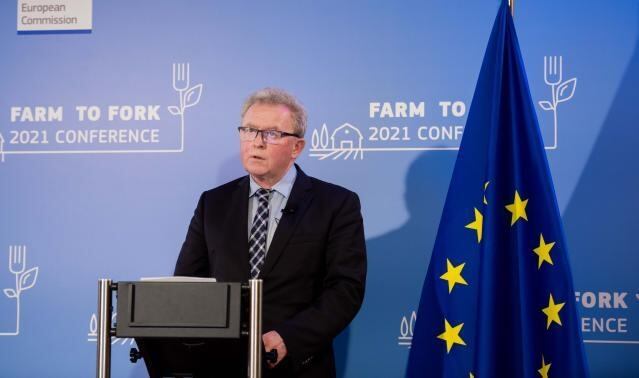
The tabling of its ‘Nature Protection Package’ had included the proposal to slash the use and risk of chemical pesticides in half by 2030 and nature restoration targets aiming at halting biodiversity loss in Europe. New text adopted by the European Parliament now calls for "flexibility to temporarily allow agricultural production by farmers on Ecological Focus Areas, making use of plant protection products [pesticides] and fertilisers if necessary."
That’s done nothing to assuage those environmentalists who fear nature will be sacrificed to boost food and energy production in the face of the fresh food price fears. “This action will only set the stage for even bigger crises down the road,” warned Benton. “We don’t have to knee jerk and convert all land into food production areas,” he said.
The big test now is in how we respond, he said. "Will nature be sacrificed in the name of boosting food production, or climate in the name of energy production – setting the stage for even bigger crises down the road? Or will governments choose to speed the transition to more sustainable, resilient, and equitable systems of food and energy production which end the dependency on fossil fuel inputs and food imports and reduce the pressure on land?
“There’s a question mark now over whether politically the EC will be able to now keep Farm to Fork,” added Dr Pierre Marie Aubert, Senior Research Fellow and Lead, European Agriculture Initiative at France’s Institute for Sustainable Development and International Relations.
He said Europe’s farmers will soon be unable to by fertiliser as war in Ukraine ramps up production costs. However, farmers overuse fertilisers on feeding livestock, he claimed. “We are a net importer of calories,” he said. “We are using our cereals to feed livestock and we are also importing soybean meal and sunflower cake to feed our livestock. We consume twice as much animal proteins as we need.”
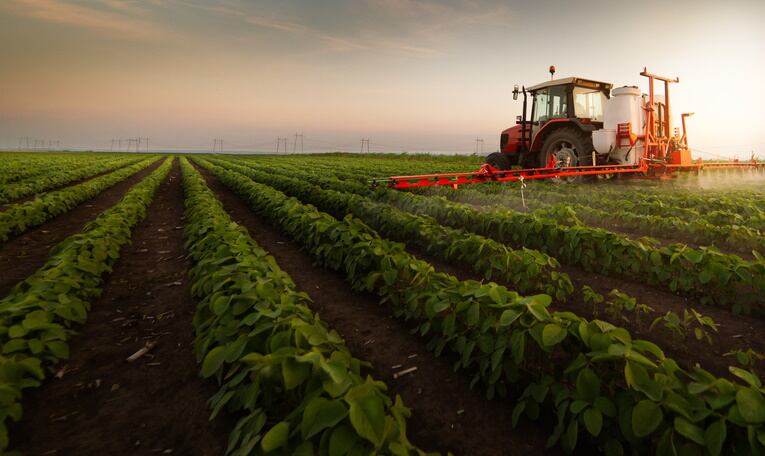
Action is needed in three areas therefore if we are serious about tackling food resilience, he explained.
“The EU needs to increase its financial support to importing countries so they can supply wheat for their population. We need to accelerate the shift towards more plant-based diets and scale back livestock production in order to reduce the volume of grain that is diverted for animal feed and ease the pressure on prices. And we need to cut food waste.
“Reducing Europe’s dependency on nitrogen fertilisers – much of which is produced from Russian gas – through the use of leguminous crops that supply 'free' nitrogen to farmers is key to breaking the link between energy prices and food prices – reducing the risk of food price spikes in the future.”
Tougher regulation of commodity trading
Professor Jennifer Clapp, Canada Research Chair in Global Food Security and Sustainability at the University of Waterloo, Vice Chair of the High-Level Panel of Experts for the UN Committee on Food Security, and a member of the International Panel of Experts on Sustainable Food Systems, added that governments must not repeat the mistakes of past crises where speculation on the commodity markets exacerbated food price rises.
“Close monitoring must go hand in hand with tougher regulation to stop investors making quick profits off rising hunger,” she said.
“The war in Ukraine has revealed the dangers of relying on a handful of major exporting countries for global food supplies. Avoiding a sharp spike in hunger now is the number one priority but governments must also keep an eye on the future. Trade will remain important, but we must make food systems more resilient to ensure the next shock – whether from conflict or climate – does not spark another crisis. This means investing in domestic production and more diverse sustainable approaches to food production.”


